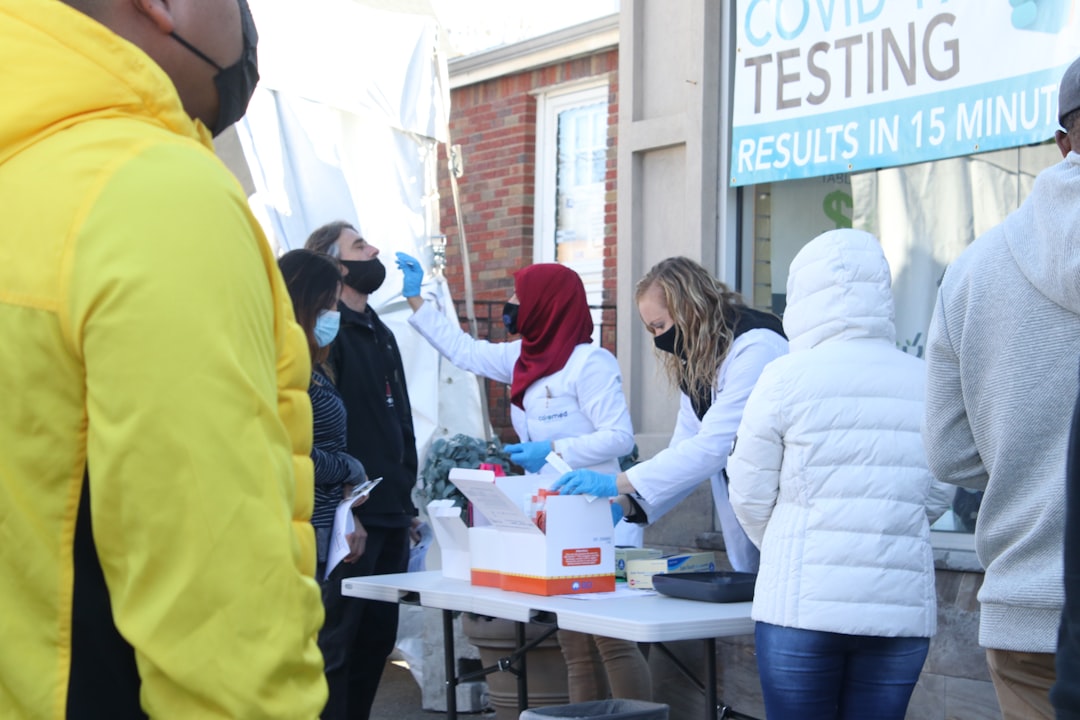What is it about?
This report describes a planned experiment designed to test whether expert oboe players are better at guessing the pitch of notes played on their own instrument versus notes played on the piano. Guessing the pitch of notes ("C", "C-sharp", "D", "E-flat" etc.) without a reference is something that only very few people can do--even amongst professional musicians, this ability is very rare. We have, however, recently shown that some expert musicians may be slightly better at guessing pitch on the instrument that they have practised intensively compared to other timbres. Here, we present the first systematic tests of this phenomenon and its underlying psychological mechanisms.
Featured Image

Photo by Marius Masalar on Unsplash
Why is it important?
We recently proposed an entirely new theory about so-called "instrument-specific absolute pitch" which this report is designed to test empirically. If we can show that this phenomenon truly exists and what the underlying psychological mechanisms might be, then this has implications for the training of expert musicians and for our understanding of the processing of pitch and timbre in the human brain in general.
Read the Original
This page is a summary of: Articulatory motor planning and timbral idiosyncrasies as underlying mechanisms of instrument-specific absolute pitch in expert musicians, PLoS ONE, February 2021, PLOS,
DOI: 10.1371/journal.pone.0247136.
You can read the full text:
Contributors
The following have contributed to this page










